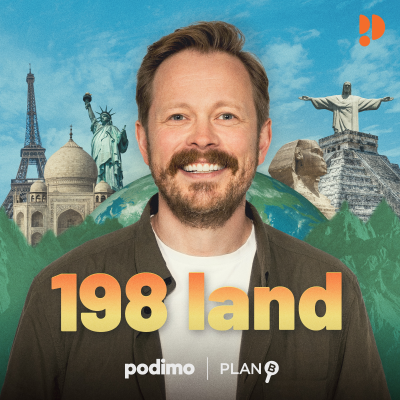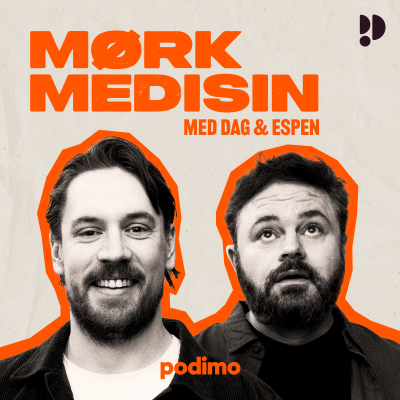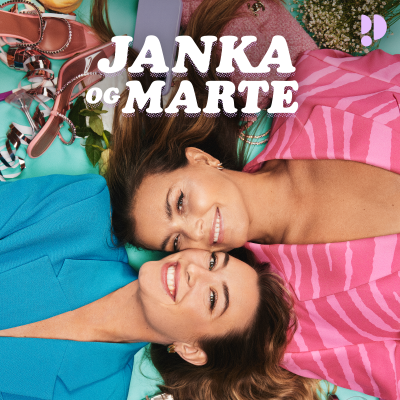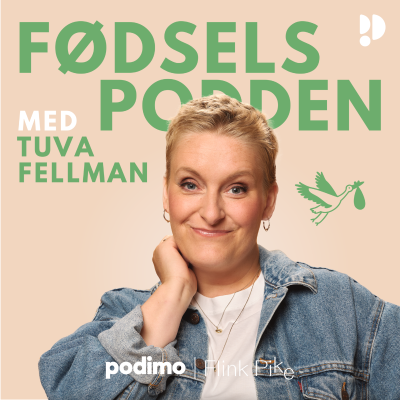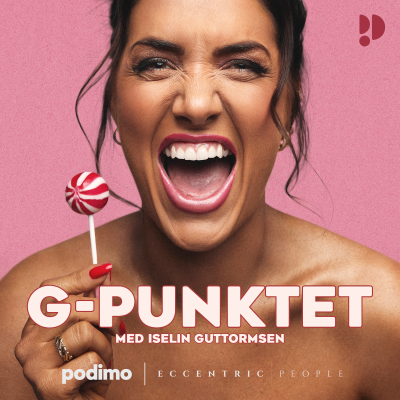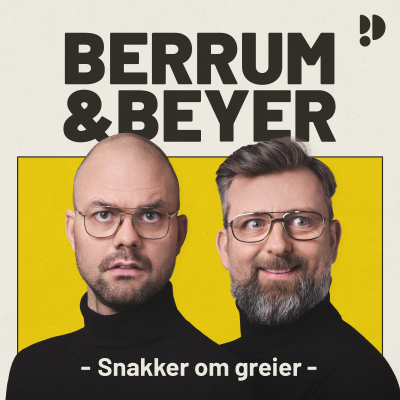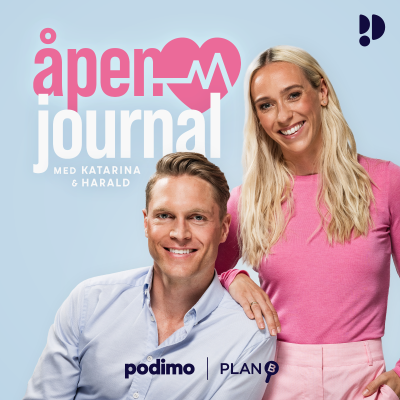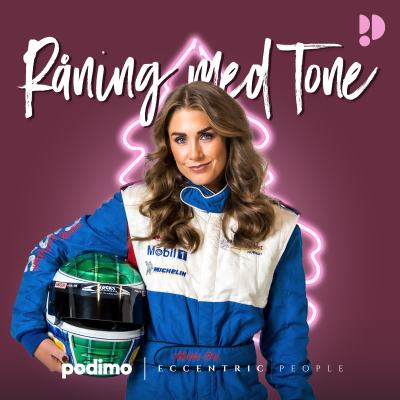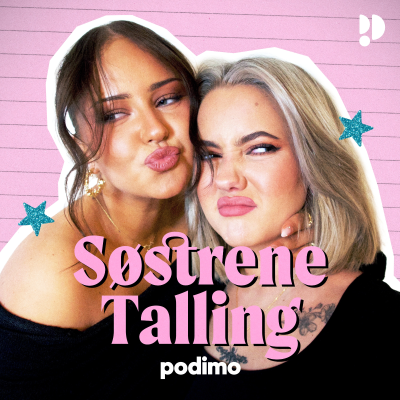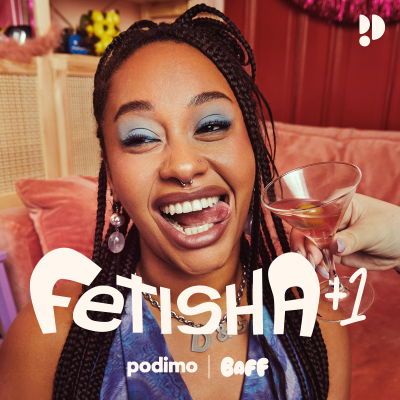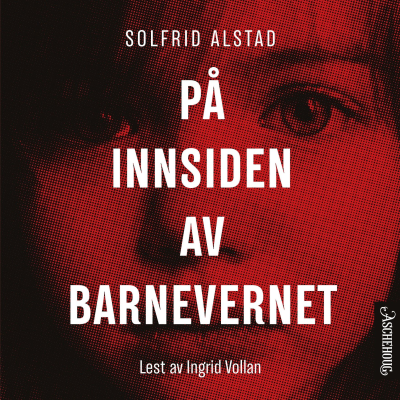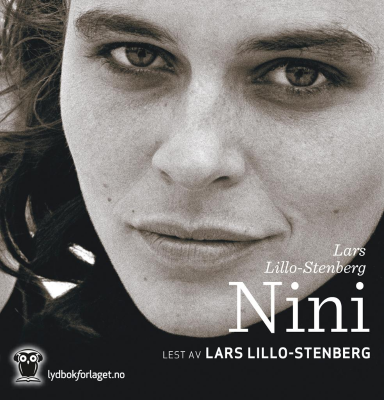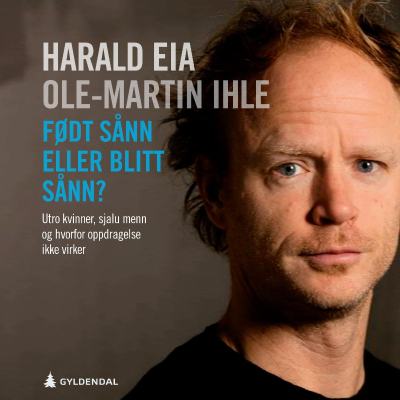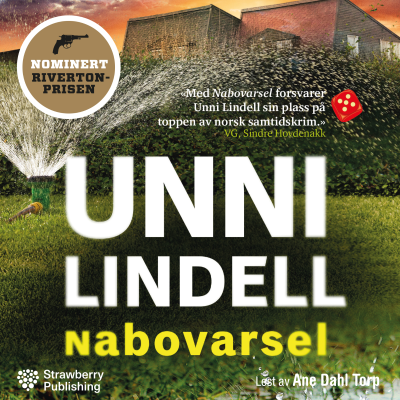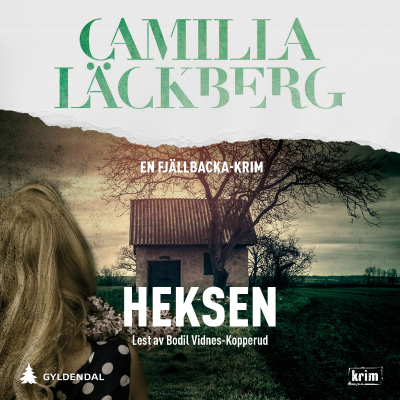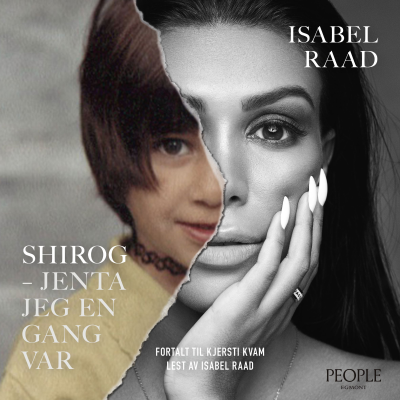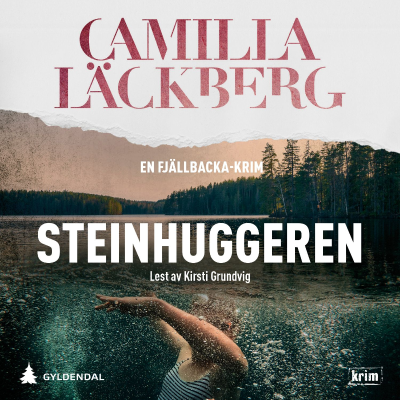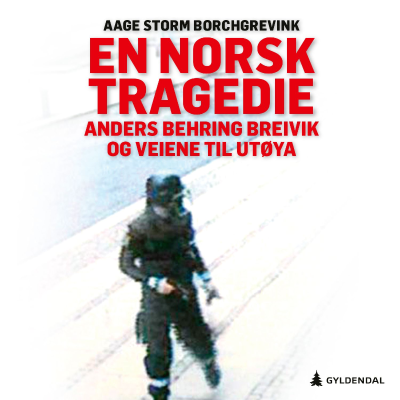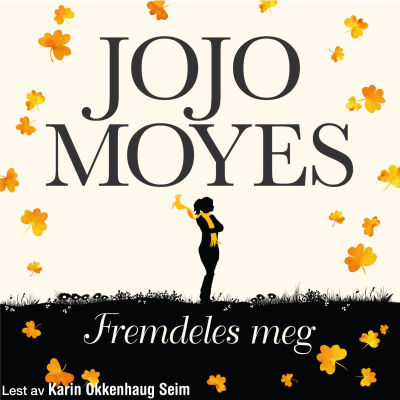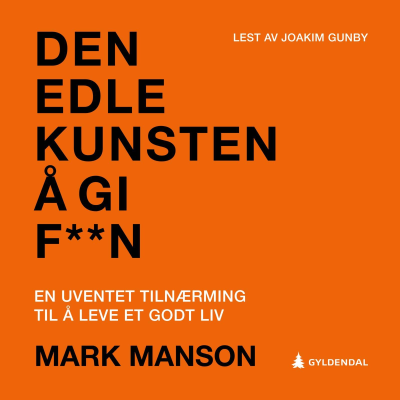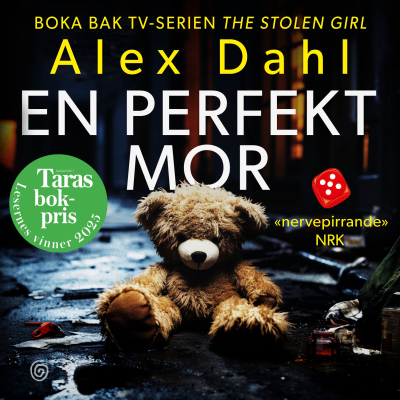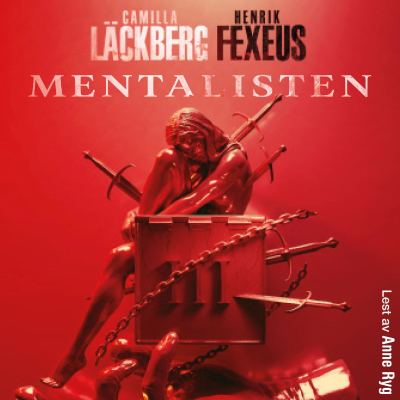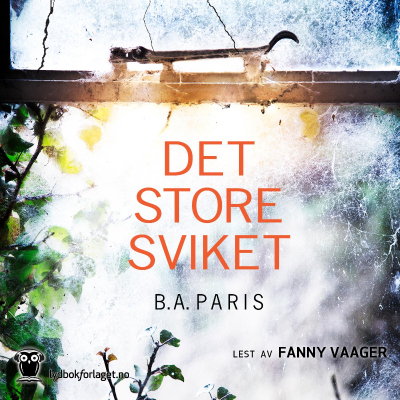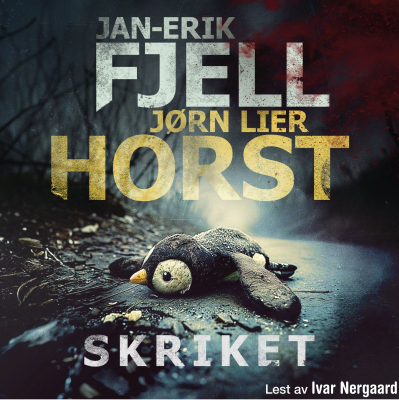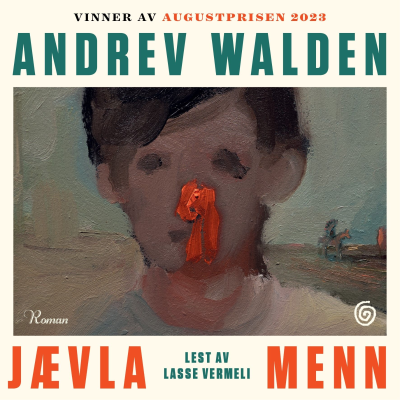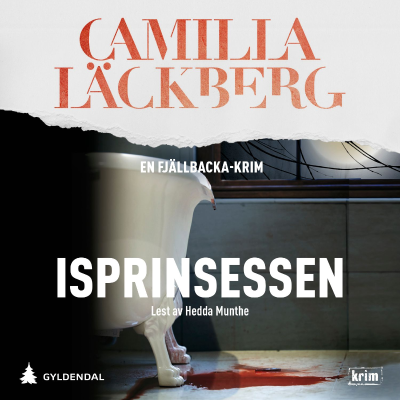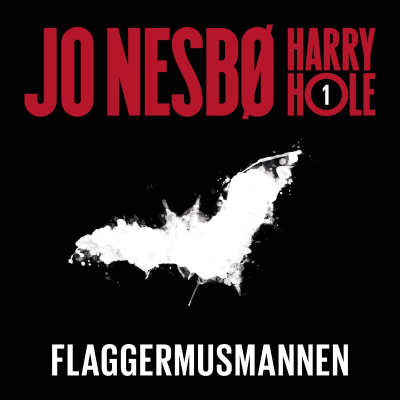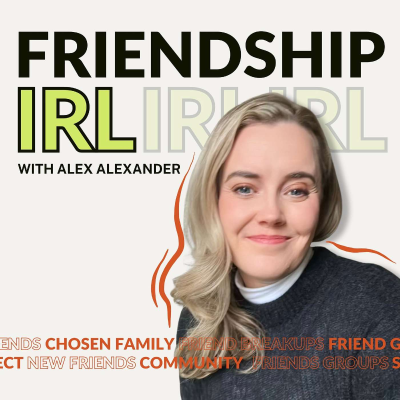
Friendship IRL: Real Talk About Friendship, Community, and What It Actually Takes
Podkast av Alex Alexander
Prøv gratis i 14 dager
99 kr / Måned etter prøveperioden.Avslutt når som helst.
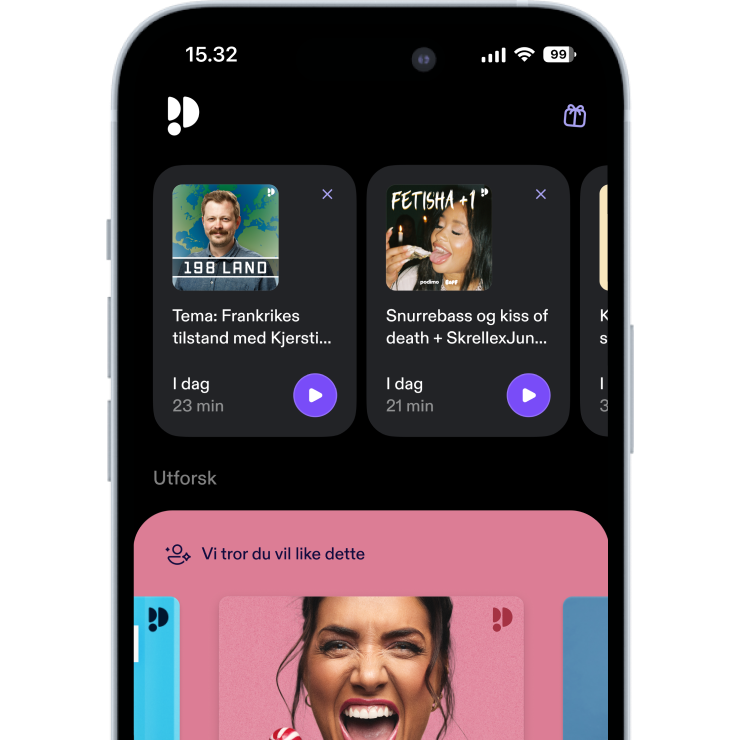
Mer enn 1 million lyttere
Du vil elske Podimo, og du er ikke alene
Rated 4.7 in the App Store
Les mer Friendship IRL: Real Talk About Friendship, Community, and What It Actually Takes
Tired of hearing “just put yourself out there” when it comes to friendship or community? Same.Friendship IRL is the podcast that skips the fluff and gets real about what it takes to build meaningful adult friendships and lasting support systems. Whether you're struggling to make new friends, maintain old ones, or just want people in your life who really show up, you're in the right place.Each week, host Alex Alexander brings you honest conversations and tangible strategies to help you connect—for real. You’ll hear stories from everyday people (plus the occasional expert), learn what’s working in modern friendships—and what definitely isn’t—and walk away with ideas, scripts, and action steps you can actually use.Think of it like a coffee date with your wisest, most encouraging friend—the one who tells the truth and hands you the playbook.🎧 New episodes drop every Thursday. 💬 Want to share your friendship win or struggle? Leave Alex a voice message at AlexAlex.chat.Follow along on Instagram or TikTok @itsalexalexander and join the movement to rethink how we build connection, community, and friendships in real life.
Alle episoder
140 EpisoderAbout three years ago, many of my friends moved away within a six month period. While I was excited for these friends, I also grieved; my friends are my main support system, my family. How would I keep these friendships alive? I invested a lot of energy into thinking about it, through which I developed what I’m tentatively calling the “Your People” framework. The best way to think about this framework is to imagine a tree. Trees start as seeds, and then you provide them with nutrients and soil. Over time, trees grow roots. Some roots get really thick and strong; some grow deep. Some grow offshoots. The more roots that grow, the more stable the tree. In my friendship theory, there are three kinds of roots, which I’ll dig into today. My hope is that this framework and language helps people think about these relationships and consider what actions to take to build better versions of our friendships. Want more information? Visit my website [https://alexalexander.com/the-three-kinds-of-roots-key-to-lasting-friendship/]! In this episode you’ll hear about: * SHARED EXPERIENCE ROOTS and their offshoot roots – i.e., when you’re doing something related to the shared experience root, but in a way you’re comfortable * EMOTIONAL INTIMACY ROOTS – what we know about our friends and our shared memories – plus shared/overlapping history roots and big/small intimacies * STORY ROOTS – the beliefs you have about your friendships, and how we come to develop those beliefs * How letting roots (i.e., friendships) die is not a bad thing – we can’t be in high school geometry class forever – but it doesn’t mean it’s not a sad thing * How to keep these friendships thriving as we grow and change, and how to replace dead story routes with simpler, more straightforward story roots * One of the biggest problems when it comes to adult friendships – plus, the REAL foundations of these friendships Resources & Links Like what you hear? Visit my website [https://alexalexander.com/], leave me a voicemail [https://alexalexander.com/friendship-irl-podcast-home/], and follow me on Instagram [https://www.instagram.com/itsalexalexander/]! Want to take this conversation a step further? Send this episode to a friend. Tell them you found it interesting and use what we just talked about as a conversation starter the next time you and your friend hang out!
[REPLAY] FOUNDATIONAL FRIENDSHIP IRL EPISODE This month, I’m replaying four episodes that I consider FOUNDATIONAL to understanding all other Friendship IRL episodes. These are the episodes that break down the frameworks and mindset shifts you need to build the connections you want. EPISODE DESCRIPTION Today’s foundational episode tackles this ONE question: What is a friend, really? A lot of people are walking through life focusing on what isn’t there when it comes to friendship. There’s somehow an arbitrary marker of “we are friends!” that most people can’t even articulate. The truth is, it doesn’t have to be so black and white. If you’ve ever thought, “I wish I was closer to that person” or “Our friendship used to feel different!”, prepare to see things differently once you learn about the 4 types of friends we all have in our lives, and how we can come to appreciate all of these friends in their own unique ways. This framework takes the pressure off trying to make every friendship “best friend” level and helps you understand what you actually need from your social connections. WARNING: You’ll see all of your friendships differently after this one. In this episode you’ll hear about: * Why we’re holding ourselves back from experiencing true friendships * The difference between “Familiar Friends”, “Defined Friends”, “Present Friends”, and “Historic Friends” * The beauty of taking small actions over time with our friends (it all adds up!) * What emotional intimacy roots are and why they are key to sustaining close and supportive friendships * Moving through the peaks and changes of friendships in our life, especially when one moves away or gets a new job * Holding on to our friendships more loosely, vs. gripping on so tight Reflection Question: In which “bucket” do you have the most friends? Is there a small action you can take today to make a friend feel appreciated? Notable Quotes from Alex “I have this belief that if we untangle the ways we are connected, we will realize we are more connected than we initially thought. And that might help us to appreciate the spectrum of friendships versus waiting for some arbitrary threshold to see someone as valuable in our life.” “Small actions add up. Sometimes I think we forget that our closest friends were at one point just people. They walked down the hall. They were another person wearing a similar sweater and we said, “Hi”, we sat next to them in class and started chatting. We learned we were both going to be on the soccer team. And back then, we saw that simple building as valuable, like there was potential. So tap back into that. Let the small things be worthwhile.” Resources & Links Learn more about emotional intimacy roots on my blog [https://alexalexander.com/emotional-intimacy-roots/]. Like what you hear? Visit my website [https://alexalexander.com/], leave me a voicemail [https://alexalexander.com/friendship-irl-podcast-home/], and follow me on Instagram [https://www.instagram.com/itsalexalexander/]! Want to take this conversation a step further? Send this episode to a friend. Tell them you found it interesting and use what we just talked about as a conversation starter the next time you and your friend hang out!
Quality over quantity – you’ve probably heard this phrase when it comes to friendship, right? So many of us strive for a few “quality” all-encompassing friendships, thinking that’s better than having lots of less intimate friends. But is that way of thinking actually limiting us? There will be times in your life – maybe as a new parent, or after a loss – when you’ll gravitate toward the friends who can relate to your situation, even if they’re not those “quality” all-encompassing friends. Sometimes quality is specificity, not comprehensiveness. Similarly, I want to reframe the idea of “quality time.” Is quality time having those uninterrupted windows with friends? Or is it actually doing the everyday things together? My hope is to help reduce some of your friendship anxiety: to give you permission to stop “performing” friendship and just BE IN friendship. In this episode you’ll hear about: * Why some friendships feel effortless (and why I’ll argue they actually haven’t really felt effortless forever – you’ve already built muscles navigating awkward situations!) * “Quality” pockets of uninterrupted time vs. folding your friend time into your everyday life activities (plus, all the things you learn about your friends while doing the latter) * When quality can be specificity and not necessarily comprehensiveness: a friend who can offer specific support in a specific moment Resources & Links Like what you hear? Visit my website [https://alexalexander.com/], leave me a voicemail [https://alexalexander.com/friendship-irl-podcast-home/], and follow me on Instagram [https://www.instagram.com/itsalexalexander/] and TikTok! Want to take this conversation a step further? Send this episode to a friend. Tell them you found it interesting and use what we just talked about as a conversation starter the next time you and your friend hang out!
Picture this: you're staring at a text thread with your friend, and you realize you've had the same argument three times the past month. You love this person … but right now, you kind of can't stand them. Today, we're talking about friendship pauses. Let me be clear: this isn't ghosting, breaking up, the silent treatment, or a passive-aggressive power move. A friendship pause is an intentional choice to create space to reflect, make changes, and do some individual growth. Here’s the caveat: the eventual goal is to actually do the work to REPAIR the friendship. Michael and I use this phrase in our marriage that I think applies to friendships, too. Every time you work through a lower low, you reach a higher high. Instead of thinking of a friendship pause as sad, think of it as a possibility for this whole new version of a friendship that you’re going to feel more aligned with. In this episode you’ll hear about: * Reasons a friendship pause might be necessary, including communication issues, energy or emotional issues, and changes in life circumstances * Questions to ask yourself before you take a friendship pause, like, what’s the reason for the pause? Are you willing to do the work to repair this friendship? * Why working through a low point in a friendship can lead to stronger beliefs and a more resilient connection Resources & Links Like what you hear? Visit my website [https://alexalexander.com/], leave me a voicemail [https://alexalexander.com/friendship-irl-podcast-home/], and follow me on Instagram [https://www.instagram.com/itsalexalexander/] and TikTok! Want to take this conversation a step further? Send this episode to a friend. Tell them you found it interesting and use what we just talked about as a conversation starter the next time you and your friend hang out!
Have you ever moved somewhere new and felt like you were on the outside looking in? This was Charlotte Massey when she moved to Seattle in the midst of the pandemic, when making friends was borderline impossible. Instead of accepting isolation, she got strategic about it. We’re taking friend-dating spreadsheets and sales funnel approaches. Charlotte is the executive director for the Seattle chapter of the U.S. Chamber of Connection, a new civic organization tackling the loneliness epidemic, and founder of the Seattle Picnic Society. In this episode, she offers so much inspiration and great advice for those not feeling connected where they’re at. Whether you're new to your city or you've been there for years, the principles are the same. Get specific about your invites. Show up consistently. Don't be afraid to follow up multiple times. Most importantly, if the community you want doesn't exist, create it. In this episode you’ll hear about: * Charlotte’s move in 2021 and the challenges she faced, from the pandemic to the “Seattle freeze” * How Charlotte used a sales funnel approach, “friend dating,” and intentional invites to connect new people * The Seattle Picnic Society – picnics that grew from five to one hundred attendees, and how you could create something similar in your community * Being bold and persistent in reaching out to potential friends and looking at how you can improve on the Six Points of Connection [https://www.chamberofconnection.org/6pointsofconnection] Resources & Links Learn more about the Seattle Picnic Society [https://lu.ma/j0hnmvvt] and the Six Points of Connection on the U.S. Chamber of Connection [https://www.chamberofconnection.org/] website. Become a Member [https://member.chamberofconnection.org/membership]of the Chamber of Connection and take their 7-week intro course, Designing a Connected Life. Like what you hear? Visit my website [https://alexalexander.com/], leave me a voicemail [https://alexalexander.com/friendship-irl-podcast-home/], and follow me on Instagram [https://www.instagram.com/itsalexalexander/] and TikTok! Want to take this conversation a step further? Send this episode to a friend. Tell them you found it interesting and use what we just talked about as a conversation starter the next time you and your friend hang out!

Rated 4.7 in the App Store
Prøv gratis i 14 dager
99 kr / Måned etter prøveperioden.Avslutt når som helst.
Eksklusive podkaster
Uten reklame
Gratis podkaster
Lydbøker
20 timer i måneden
